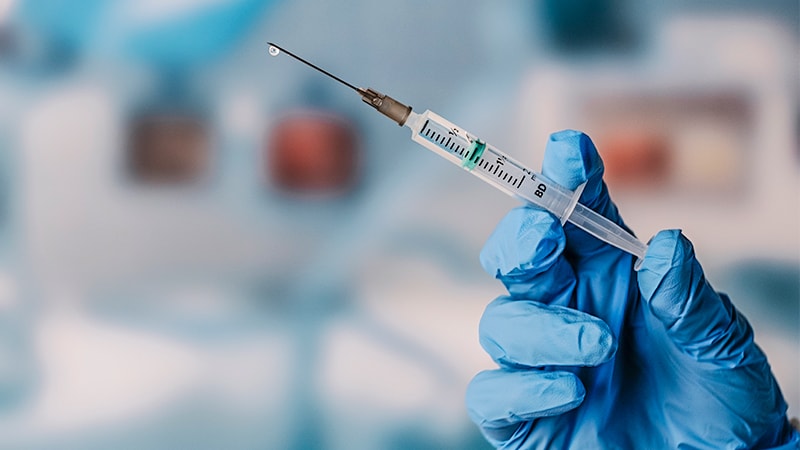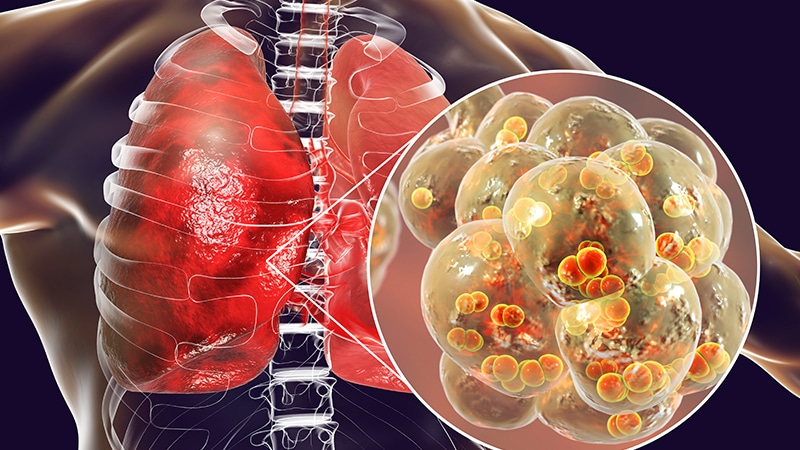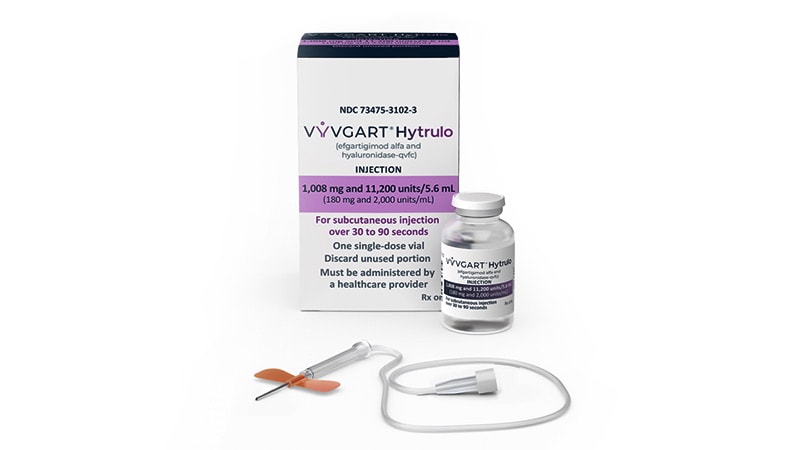This transcript has been edited for clarity.
The US Food and Drug Administration Endocrine Advisory Committee voted against recommending approval of once-weekly insulin icodec for treatment in people with type 1 diabetes. The vote was 7 to 4. The reason people voted against it was because there was an increased risk for hypoglycemia with the once-weekly icodec compared with standard therapy.
The data for this come from the ONWARDS 6 trial, in which they took 582 people with type 1 diabetes and randomized them to one of two regimens. One regimen was icodec plus premeal insulin aspart and one was insulin degludec plus premeal insulin aspart. They followed the patients for a year and found that, overall, in terms of glucose control, there was no difference between the two groups except that patients on icodec had a higher rate of hypoglycemia, both mild and severe.
The increased risk for hypoglycemia seems to have happened because once-weekly icodec has something of a peak. It has a peak glucose-lowering effect that is seen 2-4 days after injection. This is even once people are at steady state. During that period of time, there is an increased risk for hypoglycemia. During that period of time, theoretically, patients would have to give less rapid-acting insulin to account for the fact that there was more of an effect of the long-acting insulin. This is somewhat hard for people to do; at least, I think it is hard for people to do who aren't in the clinical trial.
In overall safety, there was no imbalance in terms of death or other serious adverse events, excluding hypoglycemia or discontinuations. At week 57, insulin icodec had a 50% higher incidence rate and an 80% higher event rate of hypoglycemia.
These higher rates were observed regardless of whether the hypoglycemia was captured vs fingerstick glucose monitoring or continuous glucose monitoring. The risk was greater 2-4 days following each weekly injection, and the time below range throughout — meaning below 54 — was higher in the insulin icodec arm. The episodes of hypoglycemia were similar in duration, management, and recovery. They just were more frequent in the patients on the icodec.
There are some proposals to try to figure out how to mitigate the hypoglycemia risk. I think they're a bit complicated, if you ask me, but they make some sense. The patients with the highest coefficient of variation did the worst. One way to mitigate some of the risk is to choose only patients who have a lower coefficient of variation, meaning a coefficient of variation of ≤ 36%.
All people on this insulin would need to be on a continuous glucose monitor so they could deal with this increased risk for hypoglycemia. People who have a history of hypoglycemia unawareness or episodes of severe hypoglycemia shouldn't take it. I think that, obviously, if people are having hypoglycemic events that can't be mitigated, it should be stopped. I think education would be vital here because people would need to give somewhat less insulin on days 2-4 after the weekly injection.
These are recommendations that the company had. I think it might work if this was given more often, like twice a week, although that's hard to do. I want to point out that I'm talking about people with type 1 diabetes. I think this actually would work better in people with type 2 diabetes. Clinical trials have shown that there isn't an increased risk for hypoglycemia in people with type 2 diabetes. I like the idea for people on basal insulin on a once-weekly form of incretin therapy to give them both together. That makes sense to me.
In these patients with type 1 diabetes, there was this problem. I've long been hoping that once-weekly insulin could help my patients at risk for diabetic ketoacidosis and other complications just to have some sort of basal insulin in their system. I'd have to see how this worked, and I'd have to see how we really dealt with this risk for hypoglycemia, because hypoglycemia is the thing that most limits my patients' use of insulin.
This has been Dr Anne Peters for Medscape. Thank you.

.webp) 3 days ago
3
3 days ago
3


























 English (US)
English (US)